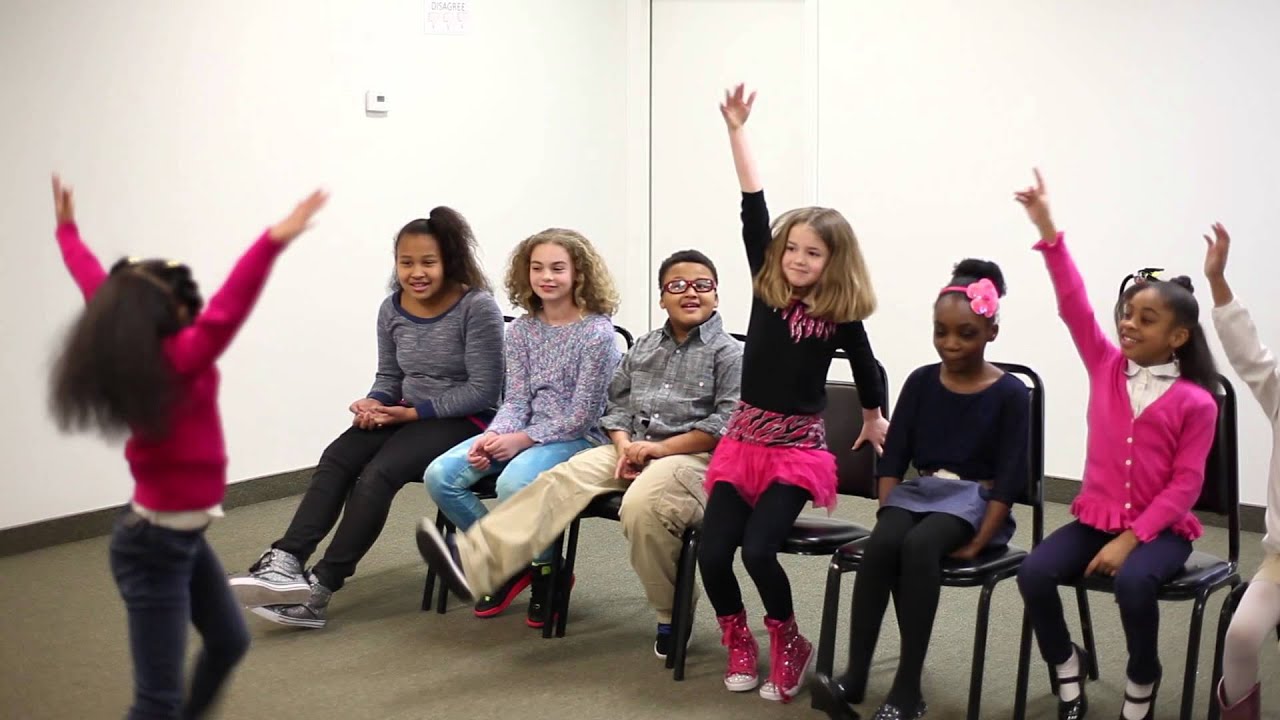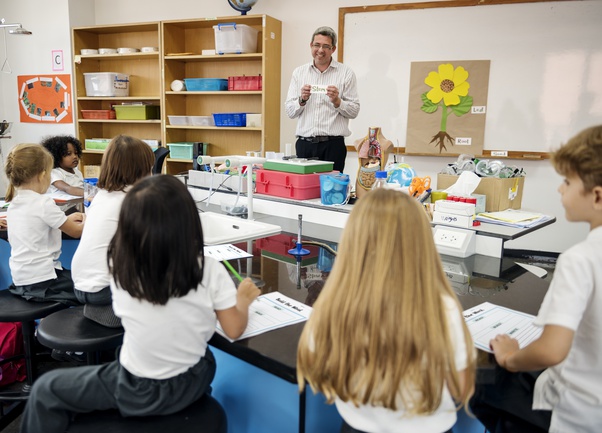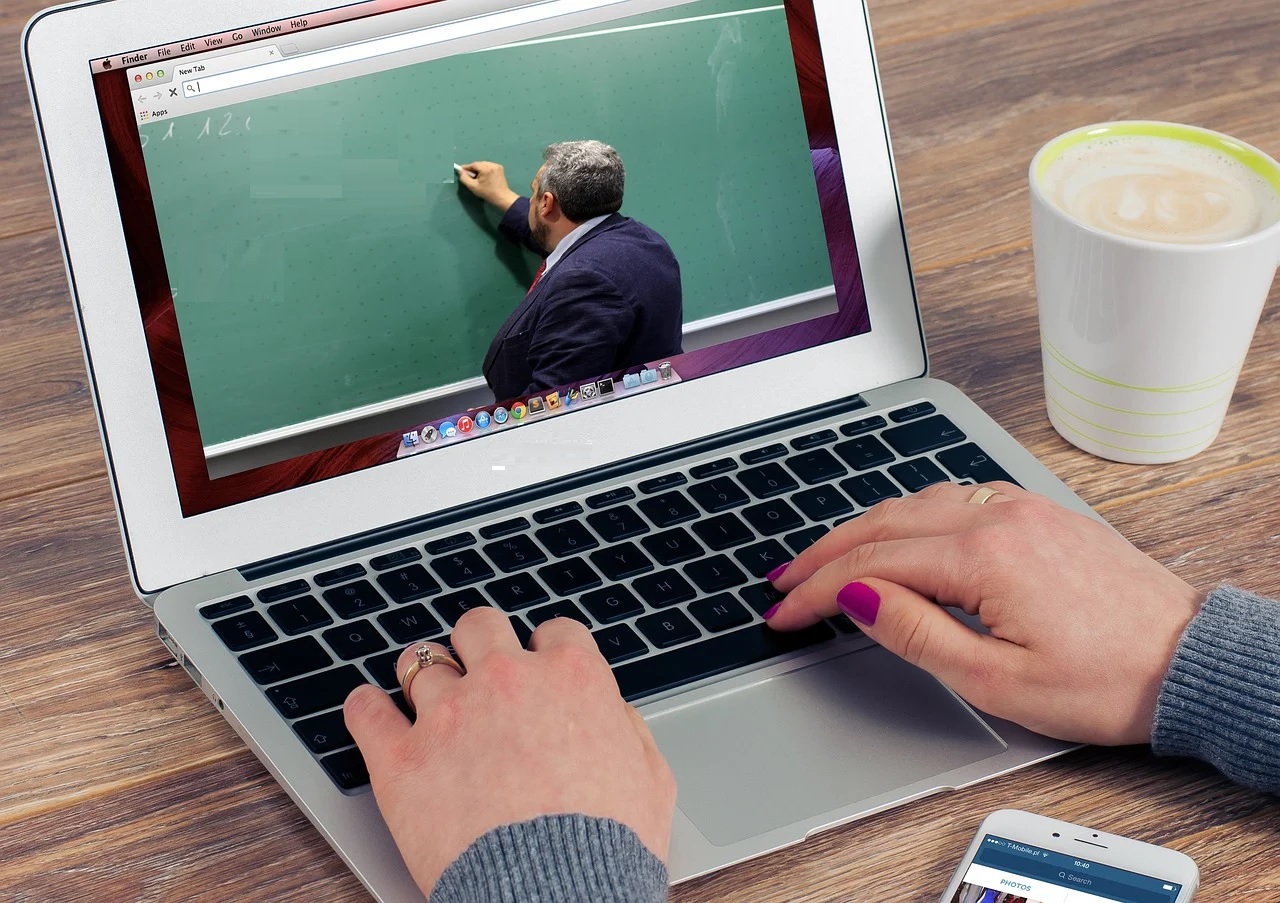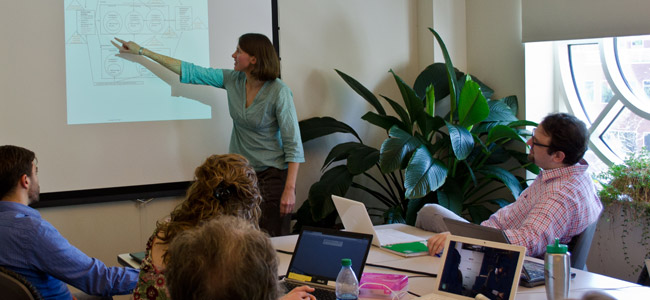Learning a Second Language in Bilingual Day Care: Why It Makes Sense for your Child
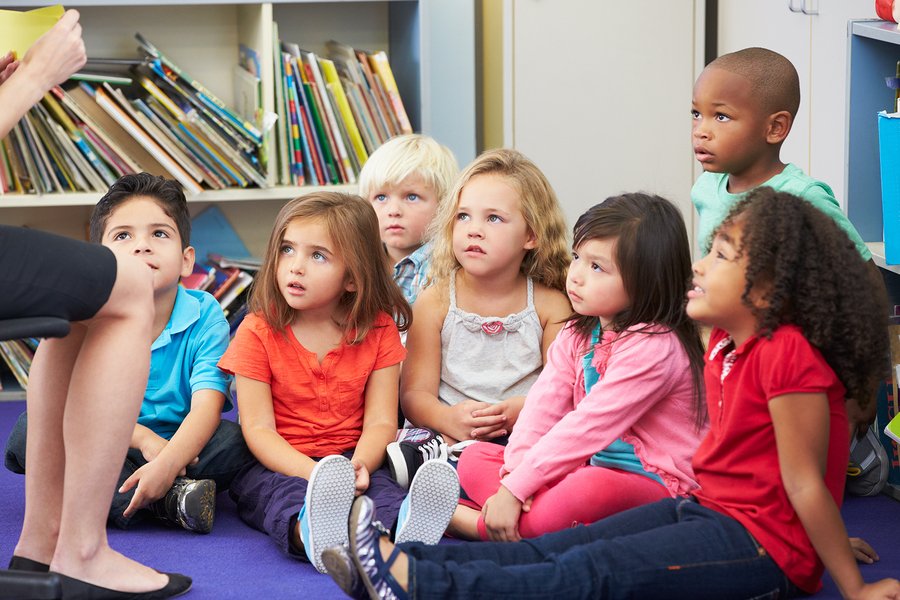
For most parents, raising a bilingual child is an endeavor they should pursue. Rather than just letting your child interact socially and improve their comprehension skills, parents should let their kids learn new words and phrases in a second language. Kids who have learned a second language are ahead of other kids in school. Because of their additional language skills. If you are still not sure about considering bilingual education for your child, below are some benefits you want to consider:
More Opportunities for Further Education
As your child becomes bilingual, they also become biliterate, offering them more opportunities in terms of picking further education. They will have the freedom to pick the university they want to apply for, in any country they desire, depending on the language they speak. Also, it will make it easier for them to take part in an exchange program to study abroad and immerse in the culture of their second language.
Broader Career Opportunities
A child’s fluency in another language will make them a great candidate for possible employers It also opens doors to more opportunities than what maybe available to those who online speak one language. These days, many global companies are looking for bilingual employees and those with a bilingual education have the advantage.
Adaptability
Learning a language is not only about learning sets o words and grammar but also about learning another culture and another way of life. With education they can gain through bilingual child care, they can have a broader outlook and connect to different races and nationalities. While languages can be easier or harder to learn, kids are very adaptable. In fact, no matter which language they are exposed in daycare, they will always pick it up.
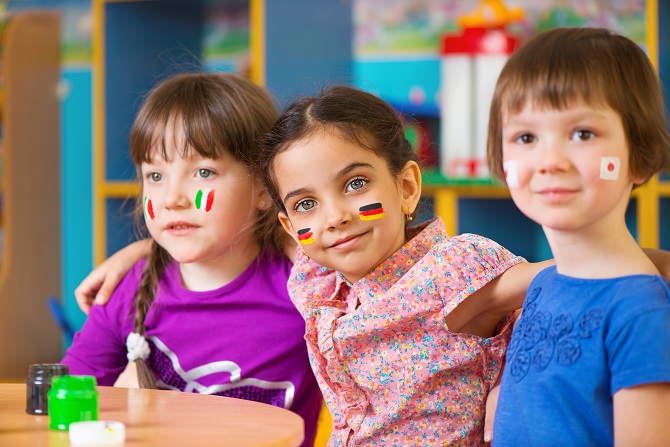
Improved Life-Long Skills
For kids to truly see the full potential bilingualism has on learning, their exposure to a non-native language must start long before kindergarten. But, even kids who learn their first Spanish words at the age of 6 can benefit from dual-language curriculum. The more kids can benefit from new concepts the more in tune their brains will be to all learning throughout their lives.
Increased Fluency
In general, it takes 5 to 7 years to be proficient in a second language. Thus, students must be introduced to a second language at a young age to be fluent by adulthood. The implementation of bilingual options even younger, K-12 students can benefit long-term, both academically and in life.
